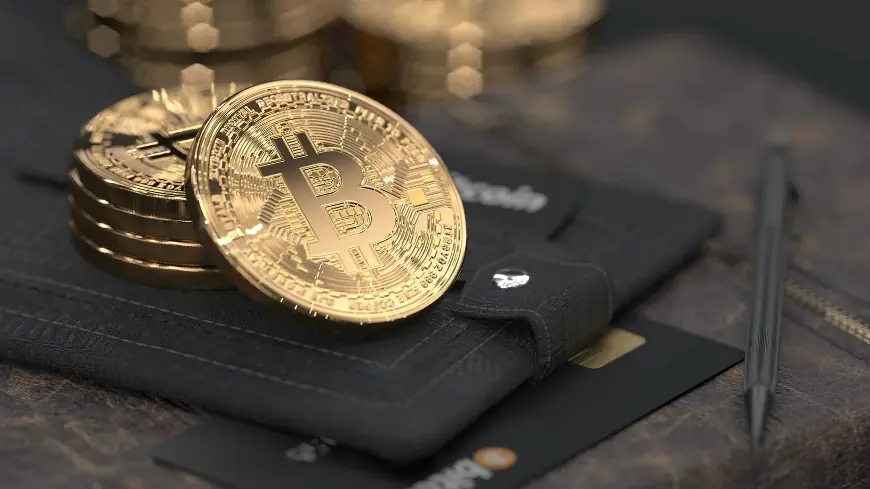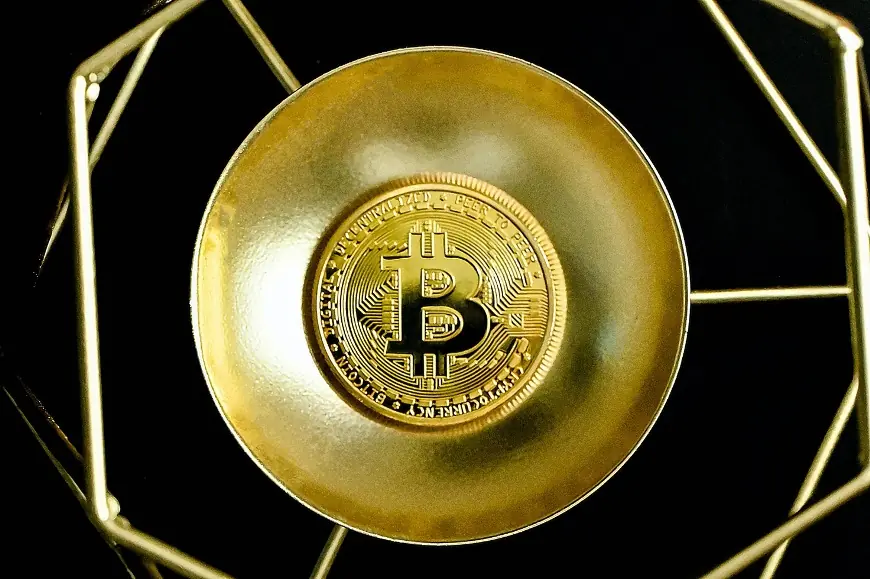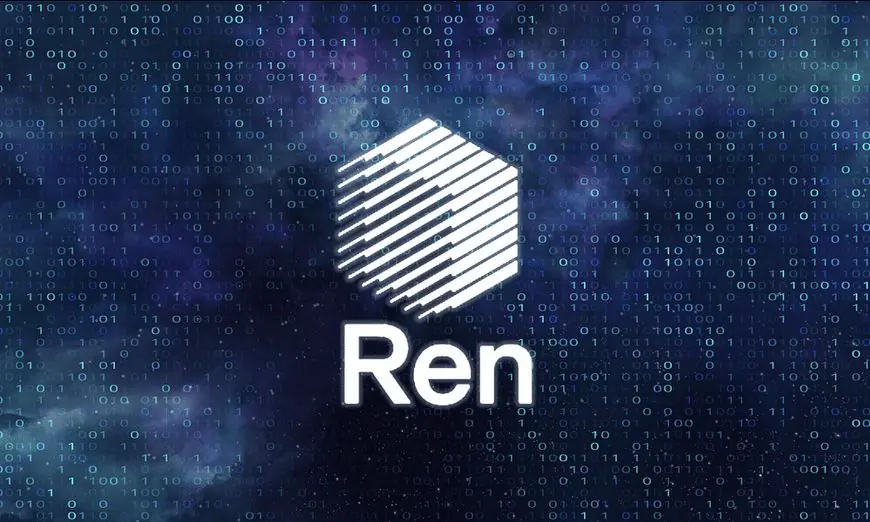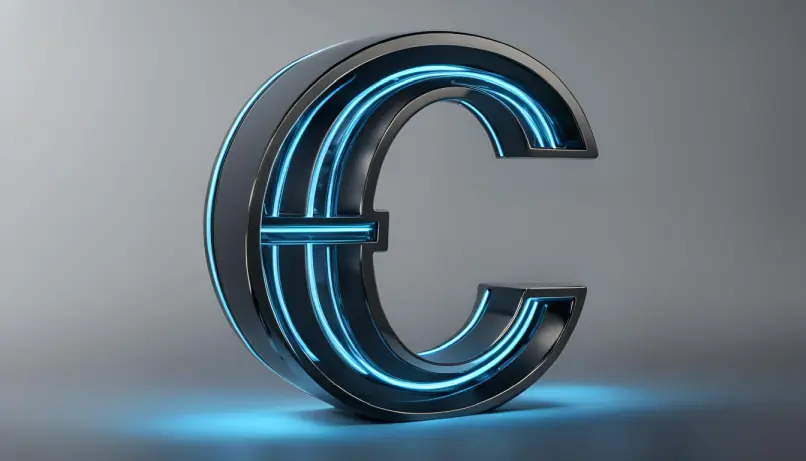

How to withdraw Bitcoin into your Bank Account
Introduction
Cryptocurrencies are growing in popularity. Some use the coins for trading and regular speculative earning, while others consider digital tokens as a long-term investment. In both cases, sooner or later, the trader will be faced with the need to withdraw Bitcoin to a personal wallet. And if the user decides to convert the coin into fiat money or cash it out, he needs to know how to withdraw BTCs to a card.
There are few roads to derive BTCs from a wallet to a card, as well as to e-wallets. It is important to keep in mind that the procedure can vary significantly for residents of different countries.
Bitcoin wallet
BTC - refers to a non-centralized type of digital currency that does not depend on banks and can be transferred between users in a peering blockchain web-system without the need for intermediaries. A cryptocurrency wallet is an area of a distributed ledger that stores a digital record with a certain amount of BTC. The wallet also keeps a record of all the transactions that have been made in it. There are wallets capable of storing only Bitcoins, or several types of tokens.
There are hot and cold cryptocurrency wallets. Some experts single out another intermediate option - warm vaults. Hot ones include:
-
Exchange wallets, which are generated in one click at the request of authorized users. Such accounts are well protected from hacker attacks, but the administration of the exchange has access to the secret keys. Protect yourself by trading only on trust sites with a good reputation. It is important to work only with regulated exchanges, which are subject to the laws of the country where they are registered (for example, J2TX strictly complies with the security requirements, and also provides easy sale of Bitcoin or investing in Ethereum).
-
Mobile apps that offer a wide functionality for trading. They are convenient: they do not take up much smartphone memory, they send notifications, and transactions are almost instantaneous. However, due to the use of simplified transaction verification (SVP protocol works on low-power devices), the risk of hacker attacks is high.
-
Web wallets on cloud services - operate on PCs and smartphones via a browser. They are also vulnerable to attacks, and the secret keys are available to the owners of the main server. Therefore, it is risky to withdraw large amounts of Bitcoins this way.
A warm wallet is called a desktop thin wallet. The software must be installed on the local computer, the wallet address is tied to the IP address. The full Blockchain node is not downloadable, which can be a loophole for cybercriminals.
Cold wallets:
-
Paper - To use them, you’ll still have to wire coins through other forms of Internet-accessible wallets.
-
Desktop thick - require full download of Blockchain chains to a local PC. Requires a powerful processor and a good anti-virus program, and also requires periodic downloading of the latest blockchain.
-
Hardware wallets are safe, they can connect to your PC via USB or work autonomously, but their cost starts at $100 and goes up to several thousands.
How to withdraw Bitcoin?
To withdraw Bitcoin to a personal cryptocurrency wallet, bank card, e-wallet or cash out cryptocurrency owners can several ways. How to withdraw Bitcoin? You can do it with the help of:
-
The functionality of cryptocurrency exchanges;
-
Internet-exchange services;
-
p2p sites;
-
Electronic payment system WebMoney (you need to register a wallet for Bitcoin WMX).
How to withdraw Bitcoins from cryptocurrency exchange?
Let’s take J2TX as an example.
Verified users can withdraw Bitcoin from the Wallet section in the personal cabinet. You need to select BTC, specify the address and amount, and click on Withdraw. The fixed commission is only 0.95%, the minimum withdrawal amount is not set here, the maximum is 25 thousand dollars.
Algorithm of actions for exchanging your BTCs for crypto exchange looks as follows (for easier understanding the whole process will be considered with reference to J2TX exchange, the most popular platform among users):
-
In order to use the services of the exchange, we need to create an account on it. To do this, go to the official website of the J2TX exchanger. Click the “Registration” button and fill out the form that opens.
-
After this you will receive an e-mail with a link to confirm your registration. Having followed this link the creation of our account is now complete and we can proceed to the verification at the exchange.
-
Verification is a necessary step to start trading on the exchange, but only the proof of identity is obligatory. To do this you will need to provide proof of identity, fill out a short questionnaire and upload a self photo with this document. The process takes no more than 10 minutes.
How to withdraw money from Bitcoin to my card?
To withdraw Bitcoins to your card, you need to convert them into fiat currency. The easiest way to do this is through the main page of the site in the appropriate window. Just choose required currency in the corresponding field and specify the sum you want to get in return. As soon as there are dollars or other fiat currency on your account, you can withdraw them directly to your Visa or MasterCard from your personal cabinet.
Online exchangers
Recently, this principle of exchanging crypto has been gaining popularity by huge strides. Both the large number of offers in the market for this type of services and the ease of its use play a huge role in this.
The principle of exchanging cryptocoins through an online exchanger is as follows:
-
After choosing a cryptocurrency exchanger, we get to its website, where we have to carefully read the rules of the service.
-
If everything suits us - we proceed to the procedure of exchanging our coins to rubles, dollars, euros, electronic currencies from the list of available.
-
Most often we will need to fill in a simple form, in which we will need to specify the number of coins to withdraw, e-mail address, sometimes first name, last name and cell phone number.
-
After filling this information we will have to transfer our bitcoins to the specified wallet number and wait for the funds to be credited. Due to the fact that some exchangers can make payments after 5-10 confirmations of transaction by the network, the payment may take a couple of hours. Therefore, do not panic if the money does not come to you in 10 minutes. Especially since you can monitor the number of confirmations in real time using various blockchain explorers.
To summarize the above, we can highlight the following disadvantages of online exchangers:
-
Not the most favorable exchange rate. This is due to the fact that the rate is not updated constantly, but periodically.
-
The risk of falling for an unscrupulous resource is not high, but the probability of fraud is higher than when withdrawing with the help of a cryptocurrency.
-
It is not always possible to withdraw the desired amount, as its size depends on the availability of currency reserves and the terms of the exchanger.
-
Often services with good exchange rates are not available around the clock, because withdrawal procedure of cryptocoins will be done manually or semi-automatically.
Despite this, the number of users of this particular bitcoin transfer procedure continues to increase. The following advantages contribute to this:
-
A very simple exchange procedure that does not take much time.
-
High speed of transactions in most cases.
-
A large number of offers on the market with good conditions.
-
A wide choice of options for the withdrawal of crypto (bank cards, payment systems, electronic money).
The specifics of this method is most suitable for one-time withdrawals of small amounts.
How to withdraw Bitcoin in passing bank systems? In person, of course!
Private Individual
The third most popular option for how to withdraw bitcoin is a direct exchange between the buyer and the seller. The procedure here is simple:
-
We place an ad for bitcoin for sale, or find the same ad for purchase. As a rule, such ads are periodically posted at various cryptocurrency forums or resources.
-
We negotiate all conditions of transaction with a buyer: exchange rate, place of meeting, mutual guarantees against fraud, etc.
-
We meet and conduct the exchange, according to previously accepted conditions.
However, the seeming simplicity of this option brings its own specific disadvantages. Thus, the main disadvantages include:
-
The time it takes to find a buyer is incomparably more than when using the first two methods. You can monitor the Internet for days or even weeks until you find an acceptable offer.
-
Because of the comparatively small number of offers on the market, the issue of territorial location of the seller and the buyer of the coins is acute. You have to agree that no one is likely to fly across the country to buy crypto for a few tens of thousands of rubles.
-
Low level of protection against fraud. You don’t know the buyer as well as he doesn’t know you. You can only judge the reputation by the forum or reviews of previously conducted transactions, the fact of which you can’t verify.
The advantages of withdrawing bitcoins via direct sale to another user include:
-
High level of anonymity of the transaction, you are not required to provide any personal information (when withdrawing in cash).
-
The ability to exchange large amounts of cryptocurrency without the risk of attracting the attention of regulatory authorities.
However, despite the growing popularity of this option, its widespread spread is hindered by difficulties in providing protection from fraud for both participants of the transaction.
Q&A
1. Are cryptocurrencies legal?
In some countries bitcoin is legalized at the state level. The market leaders in terms of creating a favorable environment for fintech and cryptocurrencies are Japan, Switzerland and Singapore.
In Switzerland, cryptocurrency companies do not require any special permits or licenses, and digital currencies are treated as assets rather than liabilities. In Singapore, cryptocurrencies are considered assets rather than financial instruments, and transactions are not regulated in virtual currencies.
Russia does not yet have a specific position on the definition of cryptocurrencies and its regulation.
2. What is Bitcoin backed by?
It is impossible to talk about the security of cryptocurrency in the usual sense of the word. Unlike traditional money, the issue of which is controlled by state financial institutions and secured by the gold and foreign exchange reserve, cryptocurrencies have no single center.
That is, the technology behind cryptocurrencies, blockchain, is by definition a decentralized system. I guess you could say that cryptocurrencies are provided with the power of a distributed computing network.
3. Do cryptocurrencies have a future in Russia?
The national states have not yet decided how to treat the crypto market. On the one hand, it is an objective scientific and technological breakthrough, which is difficult to simply prohibit. On the other hand, in its original idea, the crypto market is a challenge to nation-states and can weaken their influence.
This is a difficult situation for governments, and Russia is no exception. In 2017, the U.S. and China took tough measures to put the crypto market under control, if not ban some aspects of it altogether (the ICO ban in China).
On the other hand, Japan passed a relatively liberal act on the legal status of cryptocurrencies. It is hard to say what path Russia will take. The latest statement of Russian President Vladimir Putin caused a positive reaction from cryptocurrency market participants.
4. Can I mine a cryptocurrency myself?
If we are talking about buying, there are no difficulties with it. It is enough to register at a cryptocurrency exchange (in Russia, this often does not even require passport data), enter regular money there, put an order to buy a cryptocurrency at a reasonable price, wait until it is executed, and cash out the cryptocurrency into your purse.
When it comes to mining, its complexity depends on the specific currency you want to mine. An example of a currency that can be mined on any computer is Monero (today it is the tenth most capitalized currency). Bitcoin is much more difficult to mine, usually using special ASIC devices.
Most often the Etherium is mined using “gamer” video cards. So far it is legal and profitable in terms of electricity consumption. But if you want to get notable amounts of at least several tens of thousands of rubles, you will face such difficulties as overheating of the room with mining computers and increased fire hazard from high load on electric wiring.
In such cases, you need to carefully calculate the power consumption, carefully assess the capabilities of your power grid, and maybe even rent a separate room.
5. How can a non-existent and intangible thing have a demand and significant monetary value?
In truth, BTC also exists in the material world the road your phone or computer operating system does. Remember that this is essentially software, and it is quite obvious that certain types of software have a certain value. they enable us to commit.
6. Is this payment method legal or not?
Officially, not formally yet (certainly not in the U.S.). Legal tender” status means that any creditor is required by regional or national law to accept the currency as payment for a debt. In the U.S., for example, sellers should take the U.S. dollar, doing it legal tender.
The U.S. government admits bitcoin transactions, but does not require that every manicurist, car showroom, or a cafe accept it for payment. They are required to accept dollars. However, Japan and including Australia, among all other countries, have already officially adopted bitcoin as a legal and safe means of payment.
7. What are you really buying?
You acquire a digital “key”, which is a simple string containing numbers and letters. It provides its owners with a unique record on the Bitcoin-enabled blockchain. You can transfer this asset to someone else at any BTC market price (minus transaction fees).
8. Are bitcoins the real currency? Can I withdraw Bitcoins at any time convenient for me?
Bitcoins carry a certain value, which lies in the possibility of converting assets into the standard generally accepted currency that we are all used to seeing. And also use them as a payment method for buying goods from sellers who support this method. In a similar vein, these assets look like real physical money, and they will be so as long as there is demand among people who want to buy assets, and as long as there is a market.
To withdraw your coins, you just need to sell them to someone, exchanging them for dollars or another currency at the same time. The exchanges that process such transactions often experience crashes, what prevents some people from gaining access to the registry record or making transactions for some time, especially during periods of significant change in the value of BTCs. So don’t think you can sell bitcoin any time you want to.



